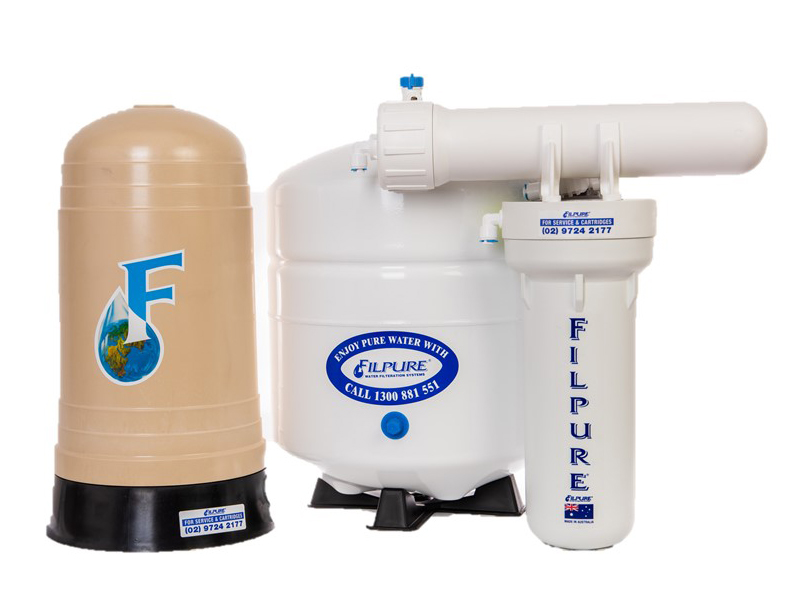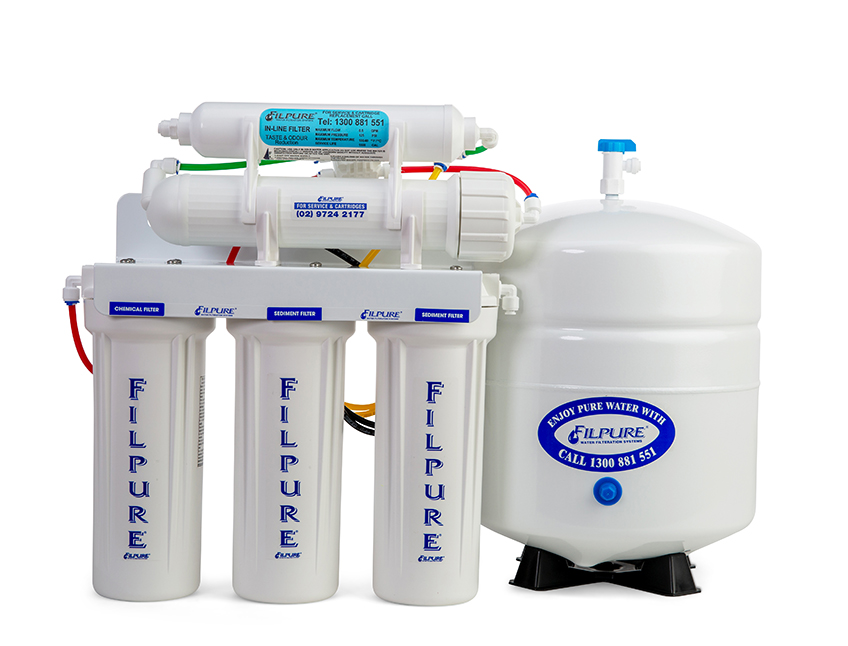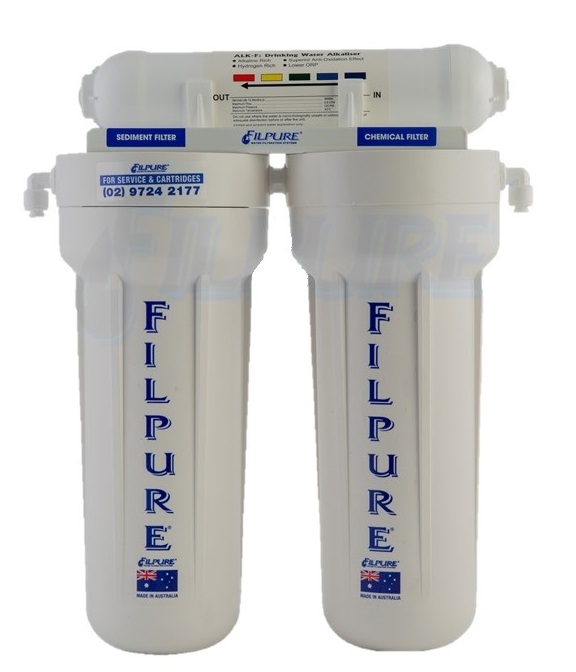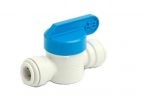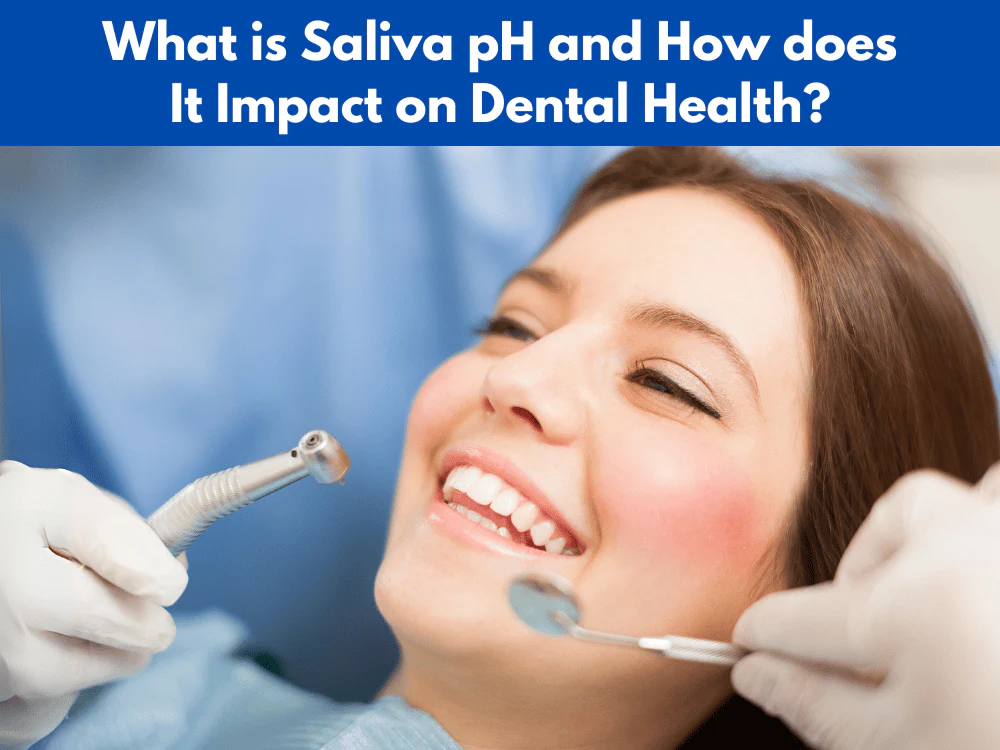
UNDERSTANDING SALIVA PH AND ITS ROLE IN DENTAL HEALTH
Saliva pH, a measure of acidity or alkalinity, is a key player in oral health. It gauges the concentration of hydrogen ions in saliva. The pH scale spans from 0 (highly acidic) to 14 (highly alkaline), with 7 being neutral, similar to pure water. The pH of saliva typically ranges from 6.2 to 7.6.
Influences on Saliva pH
Various factors such as dietary habits, age, and oral hygiene practices can affect saliva pH. Acidic foods and drinks, like soda and citrus fruits, can decrease saliva pH, making it more acidic. Certain medications and health conditions can also impact saliva pH levels.
The Significance of pH Balance
A balanced pH in the mouth is vital for oral health. Acidic saliva can damage tooth enamel, leading to enamel erosion, tooth decay, and sensitivity. On the other hand, a higher pH level strengthens enamel and bone density, contributing to improved oral health.
Identifying Imbalances in Saliva pH
Symptoms such as chronic bad breath, tooth sensitivity, cavities, and enamel discoloration can indicate an imbalance in saliva pH. Regular monitoring of saliva pH through simple tests can help identify such imbalances early, allowing for prompt intervention to prevent dental problems.
The Role of Saliva pH Testing
Saliva pH testing serves several purposes:
- Digestive Health: It can signal digestive problems or imbalanced gut flora, guiding changes in diet and lifestyle.
- Acid Reflux Monitoring: People with acid reflux or GERD can use saliva pH tests to monitor acidity levels and gauge their condition’s severity.
- Alkaline Diet Evaluation: Saliva pH testing helps assess the effectiveness of an alkaline diet in enhancing overall health and preventing diseases.
- Oral Health Assessment: Dental professionals use saliva pH testing as part of oral health assessments to identify risks of tooth decay and other oral issues.
Strategies for Balancing Saliva pH
Proactive measures are required to maintain optimal saliva pH:
- Dietary Modifications: Reducing consumption of acidic foods and drinks and increasing intake of alkaline-rich foods like beans and sesame seeds can help balance saliva pH.
- Hydration: Drinking water after meals helps wash away acidic residues, promoting a more neutral saliva pH.
- Oral Hygiene Practices: Regular brushing and flossing, along with using oral care products, minimize the impact of acidic substances on tooth enamel.
- Alkaline Water Consumption: Investing in an alkaline Reverse Osmosis water purification system, such as those offered by Filpure Water Filtration Systems, can be beneficial. Alkaline water, with its higher pH and mineral content, neutralizes acidity in the body, including saliva, promoting oral health.
In conclusion, understanding and managing saliva pH are crucial for dental health and overall well-being. By taking proactive steps and using innovative solutions like alkaline Reverse Osmosis water purification, individuals can protect their oral health and enhance their quality of life. Visit Filpure Water Filtration Systems for more information.


